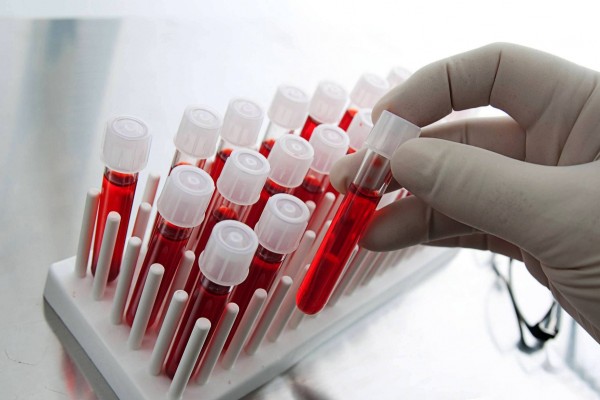What level of hormones should be normal
Knowing what hormone levels should be normal will certainly be useful for every person. After all, as you know, the amount of hormones affects the work of many organs and systems. Today, within the framework of this topic, the emphasis will be placed on the hormonal background among the representatives of the beautiful half of humanity.
Symptoms of hormonal imbalance
The human body is a very complex system, for the normal functioning of which a special control system is required. Such control is carried out at various levels, and both genetic mechanisms and the nervous and endocrine systems are involved in it. As for the latter, the endocrine system regulates the body's work through hormones.
Both special organs and the thymus, thyroid and pancreas, as well as the adrenal glands and ovaries, are responsible for the production of hormones. Through hormones, the growth and development of the body, the functioning of organs and systems, as well as the manifested response to changes in the external environment, are regulated. In addition, hormones affect a person's emotional response. If the level of hormones does not meet the established norms, then we are talking about hormonal imbalance.
As you know, in the hormonal background of each person, some changes continuously occur in response to changing external conditions. However, in some cases, such hormonal fluctuations can lead to the failure of the entire system. In this case, persistent hormonal disorders develop. So, experts distinguish the following symptoms of hormonal disruption:
- weight loss with good appetite;
- excessive sweating;
- shaking hands;
- disturbed heart rhythm;
- disturbed sleep;
- rashes and itching sensation on the skin;
- a sharp increase in body weight;
- strong mood swings;
- pallor and peeling of the skin, delayed reaction, memory impairment.
These and a number of other symptoms indicate the ongoing hormonal disorders that can cause a huge number of pathological conditions.
In the case of a deficit or excessive production of certain hubbubs, the state of health and the mental component of a person is at very great risk. It is for this reason that when the first symptoms of hormonal disorders appear, you should immediately consult a doctor. The medical specialist will give a referral to the necessary laboratory tests that will determine how much hormones are in the human body at a given time.
The rate of hormones in women
Since today we are mainly talking about women, it should be noted that in the body of the fairer sex at reproductive age, cyclical changes occur every month. This whole process is combined into the concept of the menstrual cycle, during which one phase of the cycle is replaced by another.
There are only three such phases in the menstrual cycle, and each of them has its own hormone level. The regulation of the female menstrual cycle is carried out through hormones such as follicle-stimulating hormone, prolactin and luteinizing hormone.
It should be noted that the analysis for the level of hormones in the fairer sex is a mandatory item in the case of planning the conception of a child, during its gestation, when identifying the cause of infertility and its elimination. Such a study is informative and makes it possible to very accurately determine the state of the female reproductive system and its readiness to conceive. 
As already noted, the level of hormones is interrelated with the phase of the menstrual cycle, and specialists have established the appropriate rate of hormones in women for each phase of the cycle. The normal functioning of a woman's body is influenced by hormones such as follicle-stimulating hormone, luteinizing hormone, estradiol, progesterone, estrogen, testosterone, pituitary and hypothalamic hormones, oxytocin and human chorionic gonadotropin (hCG). Based on the results of laboratory tests, the attending physician will be able to determine the existing pathology or deviation and track the dynamics of the course of therapy.
In turn, such pathologies are capable of provoking hormonal disorders as:
- polycystic ovary disease and malignant neoplasms in the adrenal glands, which leads to high testosterone production;
- the development of a pituitary tumor can lead to a high level of any hormone of the reproductive system;
- uterine fibroids;
- viral infections.
In addition to laboratory tests, to diagnose hormonal disorders, the patient is sent for ultrasound of the pelvic organs and adrenal glands.
How to improve hormonal levels
Speaking about how to adjust the hormonal background, it should be noted that a gynecologist-endocrinologist deals with issues of a similar nature. In this case, treatment includes eliminating the causes of disorders, taking vitamin complexes and hormonal drugs in accordance with the chosen scheme.
If we are talking about the natural causes of hormonal disruption, then this situation does not require medical intervention. For example, the restoration of hormonal balance after the birth of a child occurs naturally.
If we are talking about hormonal imbalance after artificial termination of pregnancy, then this requires immediate treatment. Otherwise, it is fraught with serious consequences.
Thus, for women, as well as for men, hormonal balance in the body is very important. This will allow every person, regardless of gender, to feel great and be in a good mood.





